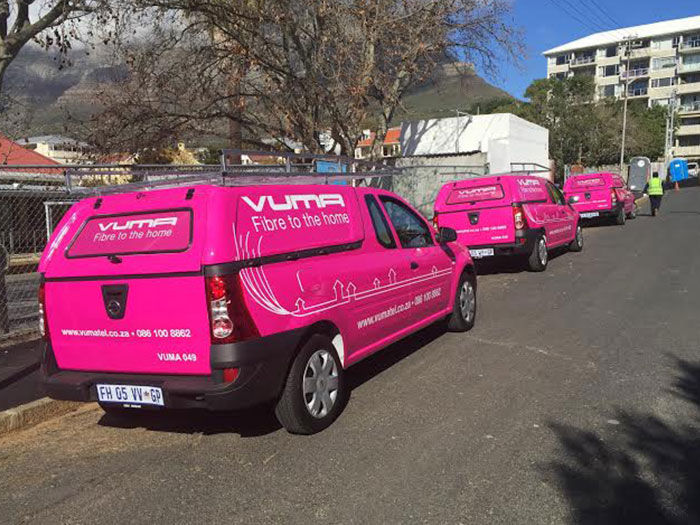Kayamandi Secondary School Unlocks Digital Learning with Mobile Digital Library
- BY MUFARO MHARIWA

- Aug 13, 2025
- 2 min read

A powerful new chapter has opened for the more than 1 800 learners at Kayamandi Secondary School, thanks to the arrival of a Mobile Digital Library; a transformative initiative made possible through a partnership between social enterprise RuraTech and fibre network operator Vuma.
The school, now part of a network of over 930 South African schools on Vuma’s fibre routes, is reaping the benefits of free fibre connectivity aimed at driving educational equity.
“Our learners were not exposed to digital tools until now,” says Principal Maphelo Ntshanga. “Before, they had to walk to town or use a university library kilometres away to get internet access. Now, those opportunities are right here on campus; safe, accessible, and part of daily learning.”
At the heart of the project is a secure, moveable Mobile Digital Library unit that provides offline access to educational content, career guidance tools, and interactive learning programmes. Powered by Vuma’s fibre infrastructure and connected via Webafrica, it gives learners opportunities that extend far beyond the classroom, from coding with Scratch Junior to exploring career pathways tailored to their interests.
“The world is going digital fast, but many township and rural learners are being left behind,” says Jeffrey Katuruza, Director at RuraTech. “Installing fibre is just the first step. You need access to the right tools and resources for it to make an impact. This project gives learners the ability to compete on equal footing.”
Teachers can now assign work digitally, track progress in real time, and integrate more interactive methods into their lessons, preparing learners for a rapidly changing future.
This marks the second Mobile Digital Library from the RuraTech-Vuma partnership, following a successful 2023 pilot at Fernwood Park Primary School in the Eastern Cape. There, access to digital learning tools significantly boosted literacy rates among Grades 1 to 3, from 53.1% to 96.3% in reading for meaning. By year-end, over half of Grades 4 to 7 learners had gained Microsoft Office skills.
“Kids were literally early to class because it was their Digital Library period,” recalls Katuruza. “That’s how eager they were to learn. They just needed the right tools.”
For Kayamandi learners, those tools are now within reach, and the effect is already profound.
“It’s changing mindsets,” says Principal Ntshanga. “It’s giving them options they never had before. They can research careers, learn new skills, and imagine different futures. We are incredibly grateful.”

























































